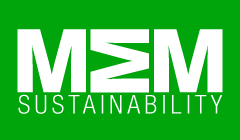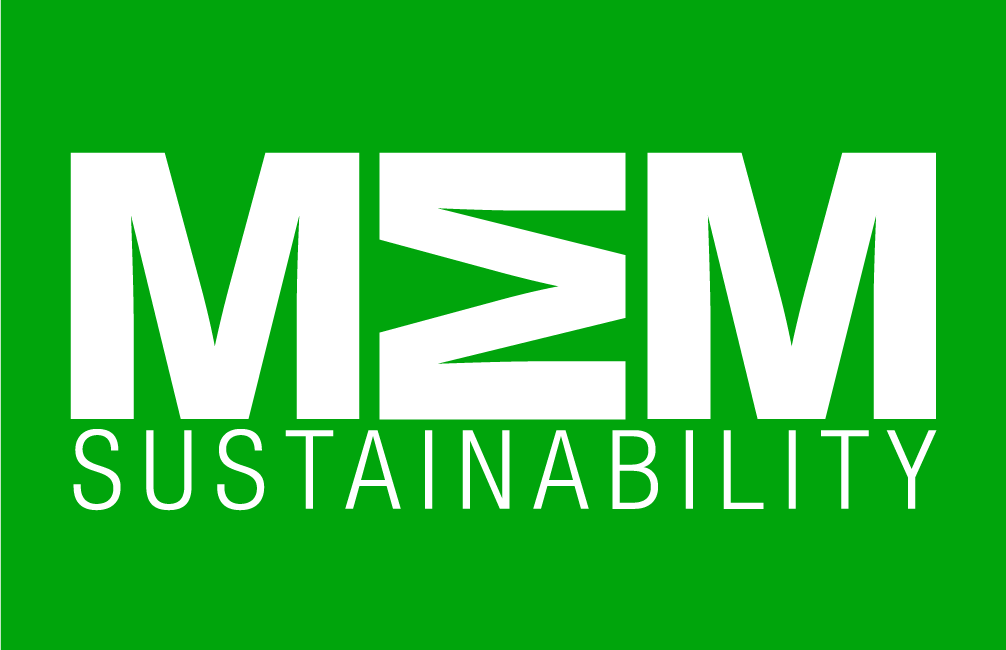Energy Companies are Paying Customers to Use Less Electricity – Here’s How Businesses Can Get Involved by Adam Hall, Director of Energy Services at Drax Energy Solutions
In the ever-evolving landscape of energy solutions, the Demand Flexibility Service (DFS) invites businesses to actively shape their energy consumption while reaping substantial financial rewards. This game-changing development is a visionary approach from the National Grid Electricity System Operator (NGESO), and your business could get involved this winter.
The Power of Demand Flexibility Services
Demand flexibility has been gaining momentum in the energy industry, and the National Grid ESO introduced DFS last winter to incentivise consumers and businesses to reduce their power consumption in specific periods.
Through collaboration with customers, Drax was a key player in supporting the Demand Flexibility Service and will be again this winter. Drax helped reduce peak electricity demand by 340MWh, equivalent to powering 680,000 homes and delivered a combined revenue of £1 million to participating businesses. This could be your business this winter.
How does DFS work?
By incentivising businesses to reduce their electricity consumption during peak periods or shift their energy use to times of lower demand, NGESO aims to create a more balanced and sustainable energy ecosystem. This approach not only reduces the strain on the electrical grid but also decreases the risk of blackouts and additional power generation, often supplied by fossil fuels, during peak demand times.
Here’s a simplified breakdown:
- Participation: Not all energy suppliers are currently approved to this scheme. Therefore, businesses will need to check if their energy supplier is participating in DFS this winter. Once this is confirmed, businesses can directly opt in through their energy provider or through an intermediary. For a business to participate, they will need to be half-hourly metered.
- Demand Response – During periods of high demand on the grid (or during DFS test events), NGESO will contact providers with the amount of volume they require and for which periods they need it. Those participants, such as Drax, would then instruct their customers to reduce their electricity consumption, which could be done by temporarily interrupting processes, adjusting heating or cooling systems, or rescheduling non-essential tasks.
- Rewards: Businesses that successfully respond to these signals and reduce their electricity consumption during peak times are financially rewarded.
Why get involved in the Demand Flexibility Service?
The Demand Flexibility Service provides businesses with a range of advantages. Firstly, by participating in DFS, businesses can earn additional revenue by reducing their electricity consumption during peak demand periods, as they receive payments from the NGESO for their efforts.
Secondly, embracing demand flexibility aligns with corporate sustainability goals and demonstrates a commitment to decarbonising the grid and reaching net zero. It’s a tangible way for businesses to contribute to a greener future and help keep Britain’s lights on in challenging seasons.
Lastly, DFS encourages businesses to adopt energy-efficient practices and technologies, leading to better energy management and reduced waste for a sustainable future.
Getting started with Demand Flexibility Service
To get involved with the Demand Flexibility Service, businesses should contact their energy solutions providers to opt in and discuss the subsequent actions before winter 2023/24. The process typically involves an assessment of energy use patterns and the installation of necessary equipment for demand response.
Are there Demand Flexibility Services all year round?
Not currently. However, alongside supporting the NGESO, we’ve launched ElectriFlex this year, which offers customers the benefit of flexing their consumption and subsequent revenue throughout the whole year, every year. With our expertise in market trading, we can continue to pass on revenue to our customers and incentivise long-term, flexible thinking for the future. This will be an exciting turning point for the UK’s energy supply, and we look forward to helping more businesses join the flexible future.
For more information about Drax’s support of NGESO’s Demand Flexibility Service, visit https://www.drax.com/uk/press_release/drax-supports-uk-energy-security-by-helping-businesses-use-less-power/
To learn more about the National Grid Electricity System Operator’s implementation of the Demand Flexibility Service, visit https://www.nationalgrideso.com/industry-information/balancing-services/demand-flexibility-service-dfs
Manufacturing & Engineering Magazine | The Home of Manufacturing Industry News
















